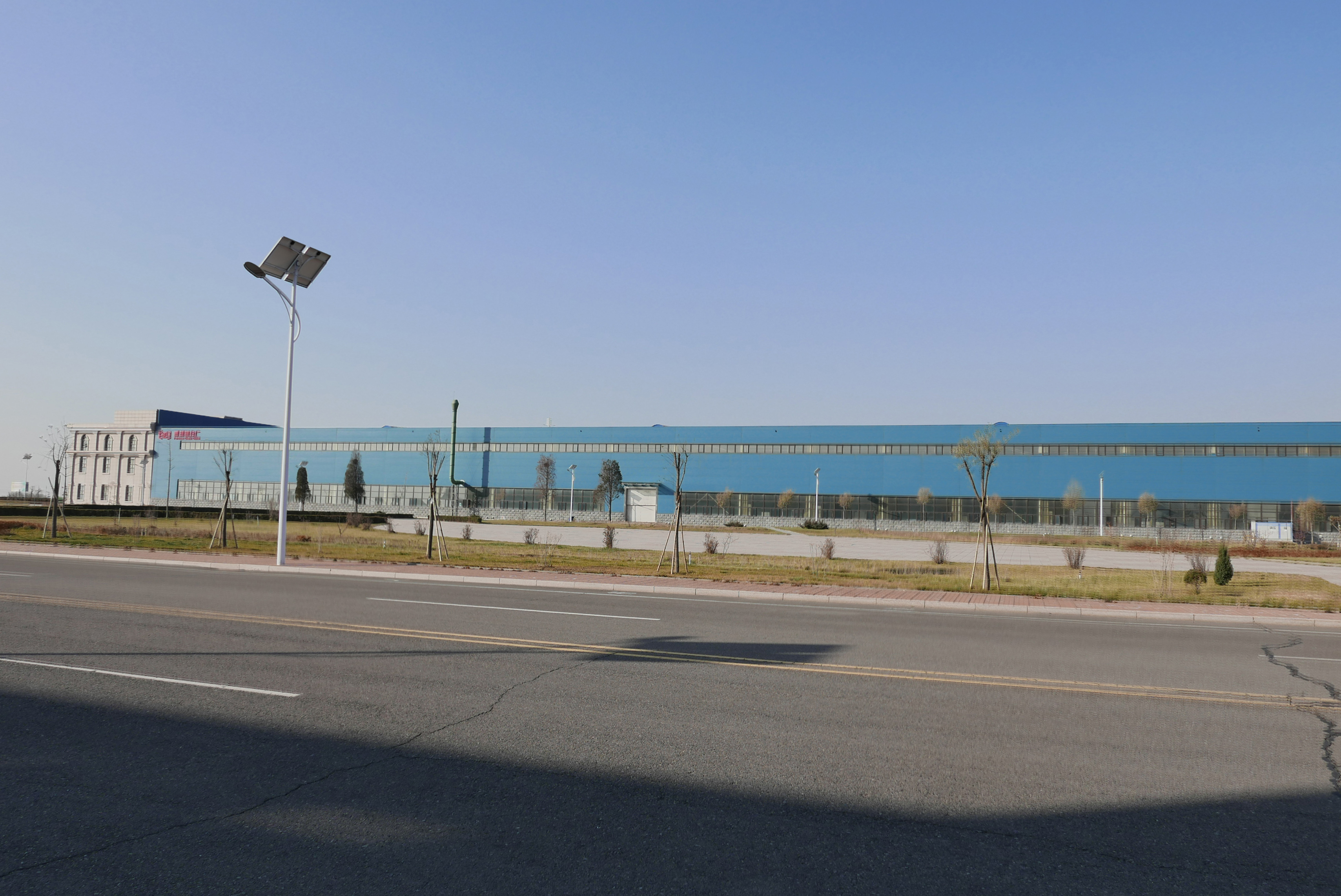ພ.ຈ. . 27, 2024 05:59 Back to list
Improving Boiler Efficiency for Enhanced Energy Performance in Industrial Settings
Understanding Package Boiler Efficiency Key Concepts and Importance
Boilers are essential components in many industrial processes, providing the necessary steam or hot water for heating, power generation, or other applications. Among the various types of boilers, package boilers have gained popularity due to their compact design and ease of installation. However, the efficiency of a package boiler must be thoroughly understood, as it directly impacts operational costs and environmental performance.
What is a Package Boiler?
A package boiler is a prefabricated unit consisting of various components, including the boiler, fuel system, and control system, all housed within a single unit. These boilers are designed to be shipped to the installation site as a complete package, minimizing the need for extensive on-site assembly. They are usually water-tube boilers and are highly versatile, accommodating various fuels such as natural gas, oil, biomass, or coal.
Why is Boiler Efficiency Important?
Boiler efficiency is a critical metric that determines how well a boiler converts fuel into useful energy. The higher the efficiency, the less fuel is required to produce the same amount of heat, leading to lower operational costs and reduced environmental impact. In industries where energy consumption constitutes a significant portion of operating expenses, optimizing boiler efficiency can lead to substantial savings. Furthermore, as organizations face increasing pressure to reduce their carbon footprint, improving boiler efficiency enables compliance with environmental regulations.
Factors Influencing Package Boiler Efficiency
Several factors influence the efficiency of a package boiler, and understanding these can help in optimizing performance.
1. Design and Materials The design of the boiler and the materials used are paramount. High-quality insulation reduces heat losses, while advanced materials enhance thermal conductivity.
2. Fuel Quality The type and quality of the fuel burnt in the boiler impact efficiency. For instance, natural gas generally offers higher efficiency than coal due to its cleaner combustion properties.
3. Operation and Maintenance Regular maintenance and proper operational practices are vital to maintaining boiler efficiency. Any fouling or scaling inside the boiler can significantly reduce its performance.
4. Control Systems Modern package boilers often include sophisticated control systems that optimize combustion and adjust operational parameters in real-time to improve efficiency.
5. Heat Recovery Implementing heat recovery systems, such as economizers or heat exchangers, can capture waste heat from the flue gases, thereby improving overall efficiency.
package boiler efficiency

Measuring Boiler Efficiency
Boiler efficiency is typically measured using either the thermal efficiency or the combustion efficiency approach. Thermal efficiency refers to the percentage of energy in the fuel that is converted into useful steam or hot water. On the other hand, combustion efficiency measures how effectively the fuel is burnt and what proportion of the energy is actually utilized for heating.
The most common formula used to calculate thermal efficiency is
\[ \text{Thermal Efficiency} = \left( \frac{\text{Output Energy (in steam)}}{\text{Input Energy (in fuel)}} \right) \times 100 \]
To enhance boiler efficiency, operators must also consider advanced tools such as a Continuous Emissions Monitoring System (CEMS) that can give real-time data on emissions and enable better combustion control.
Increasing Package Boiler Efficiency
To improve the efficiency of a package boiler, several strategies can be employed
1. Regular Maintenance Scheduled maintenance ensures that the boiler operates under optimal conditions without any undue losses due to fouling or mechanical issues.
2. Operator Training Ensuring that operators are well-trained in the best practices for boiler operation can lead to immediate improvements in efficiency.
3. Upgrading Equipment Investing in modern, more efficient technologies helps in achieving higher levels of performance and compliance with regulatory standards.
4. Conducting Energy Audits Periodic energy audits can help identify inefficiencies in the boiler system and suggest suitable measures for improvement.
Conclusion
In summary, understanding and optimizing the efficiency of package boilers is crucial for both economic and environmental reasons. By focusing on design, fuel quality, operation, and maintenance, industries can significantly enhance their boiler performance. As technology continues to evolve, adopting better practices and equipment will pave the way for future advancements in energy efficiency, helping industries meet both operational and sustainability goals.
-
Durable Centrifugally Cast Iron Water Main Pipe
NewsAug.11,2025
-
Centrifugally Cast Iron Water Main Pipes for Reliability
NewsAug.10,2025
-
High-Quality Centrifugally Cast Iron Water Main Pipes
NewsAug.09,2025
-
Durable Cast Iron Water Main Pipe & Drainage Solutions
NewsAug.08,2025
-
Buy Cast Iron Pipe: Premium Ductile Iron & Drain Solutions
NewsAug.07,2025
-
Durable Cast Iron Water Main Pipe | Buy Ductile Pipe
NewsAug.06,2025


